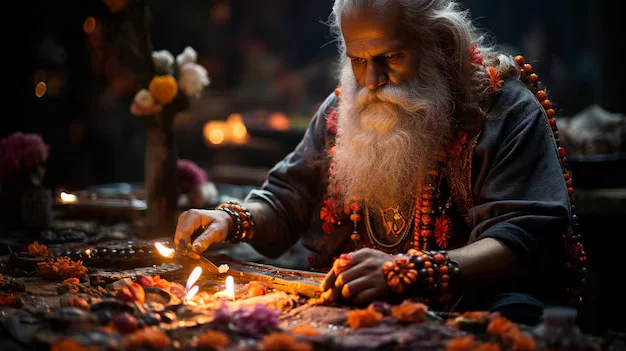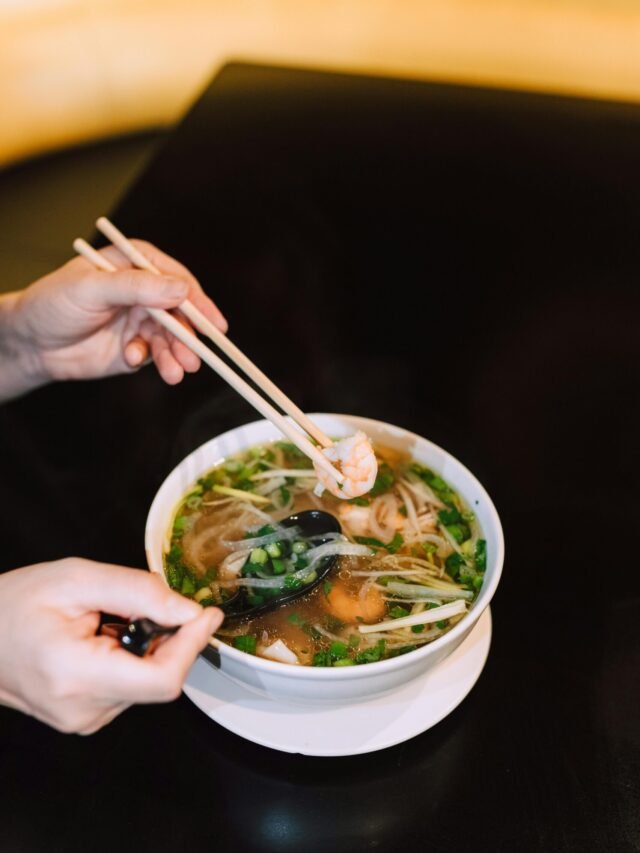
Vishwakarma Puja, a festival deeply rooted in Hindu tradition, is a tribute to Lord Vishwakarma, the divine architect and craftsman of the gods. Celebrated predominantly in the Indian subcontinent, especially in the states of West Bengal, Bihar, Odisha, Uttar Pradesh, Karnataka, and Punjab, this day holds immense significance for engineers, artisans, craftsmen, mechanics, architects, and those who rely on tools and machinery for their livelihood.
The festival typically falls on the last day of the Hindu month of Bhadrapada, which coincides with September 17 in the Gregorian calendar. The day is marked by elaborate rituals, prayers, and the worship of tools and machines, symbolizing the centrality of creation, craftsmanship, and innovation in human civilization.
Table of Contents
The Origins and Mythology of Vishwakarma Puja
According to Hindu mythology, Lord Vishwakarma is believed to be the architect of the universe and the divine craftsman who constructed the abodes of gods, their weapons, and celestial vehicles. The legend surrounding Lord Vishwakarma dates back to ancient Vedic texts, where he is referred to as “Devashilpi” (the celestial architect) and “Sutradhar” (the cosmic carpenter). In the Rig Veda, he is mentioned as the “one of great splendor” and is described as the creator of everything, ranging from the heavens to the Earth and all the tools and machines used by mortals.
The divine architect is credited with building the mythological cities and palaces that are revered in Hindu epics. For instance, he designed Dwarka, the opulent kingdom of Lord Krishna, the grand palace of Indraloka (the abode of Lord Indra), and Lanka, the golden city of Ravana. Lord Vishwakarma is also said to have forged many powerful weapons, including the Sudarshana Chakra, the discus of Lord Vishnu, and the Vajra, the thunderbolt weapon of Indra.
The Celebration of Vishwakarma Puja
Vishwakarma Puja is not just a religious observance but also a cultural homage to the spirit of craftsmanship, skill, and manual labor. On this day, factories, workshops, and industrial units across India come to life with vibrant decorations, and the tools of trade—ranging from hammers, spanners, and saws to advanced machinery and computers—are worshipped.
In many regions, the puja begins with the installation of an idol or image of Lord Vishwakarma, around which workers, engineers, artisans, and technicians gather to offer prayers and perform rituals. The tools and machines they use are cleaned and polished, as they are seen as instruments of prosperity and productivity. Flowers, fruits, sweets, and coconuts are offered as part of the rituals, and in some places, workers also organize feasts and community meals to mark the day.
Auspicious Symbols and Rituals
A notable aspect of Vishwakarma Puja is the emphasis on the tools of the trade. Tools are garlanded, smeared with vermillion (symbolizing sanctity), and offered prayers, symbolizing respect and reverence for the means of livelihood. The idol of Lord Vishwakarma is placed on a pedestal, and offerings of flowers, incense, sweets, and coconuts are made. Artisans and workers chant prayers seeking blessings for enhanced productivity and safety in their workplace.
In several industrial hubs and corporate offices, machinery and electronic devices like computers are shut down for a portion of the day, and instead of the usual hustle and bustle, people take a moment to reflect on their work and thank the divine force that governs their creativity and innovation.
Significance in Modern Times
The significance of Vishwakarma Puja extends beyond the religious domain. It symbolizes the unity between spirituality and craftsmanship. In a world where modern technology and automation have taken center stage, this festival serves as a reminder of the importance of manual labor, skill, and creativity in the progress of human civilization. Lord Vishwakarma, as the divine creator of tools and machines, represents the timeless relationship between humans and their tools, be they traditional hand tools or cutting-edge digital technology.
For engineers, architects, and craftsmen, this day is an opportunity to reflect on their work and seek inspiration to create, innovate, and contribute to the development of society. It reinforces the idea that work is worship and that craftsmanship, in any form, holds divine significance. The festival brings together workers from various fields, encouraging a collective celebration of human ingenuity and skill.
Conclusion
Vishwakarma Puja is a day that celebrates not only the divine architect but also the spirit of innovation, creativity, and craftsmanship. The festival, with its roots in ancient mythology, continues to hold relevance in the modern age, especially for those whose livelihoods are centered around creation and technology. By worshipping tools and machines, people express their gratitude for the means that sustain them and pray for future success, productivity, and safety in their work. Thus, Vishwakarma Puja stands as a celebration of both divine creativity and human endeavor, a testament to the enduring power of skill and innovation in shaping the world.















